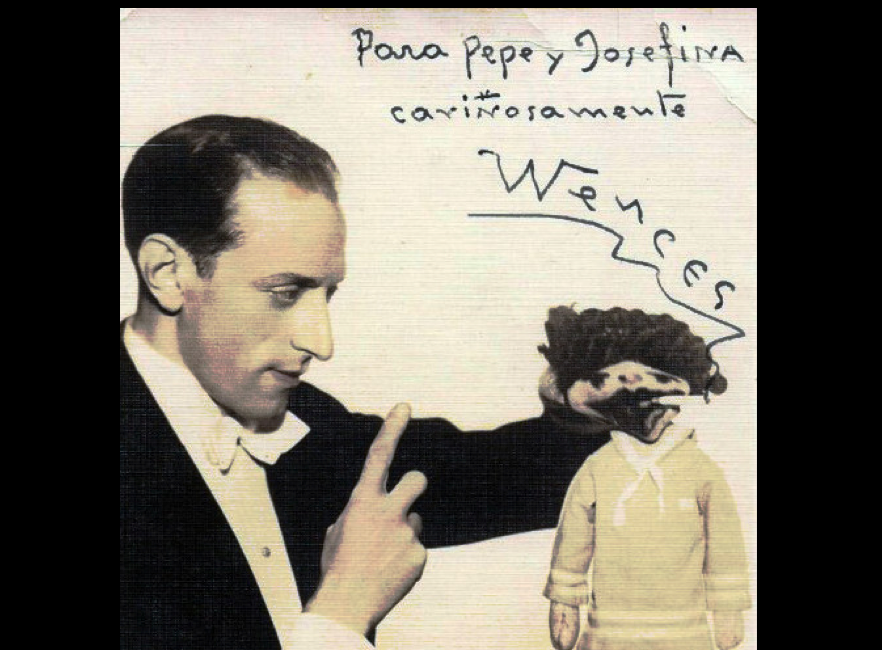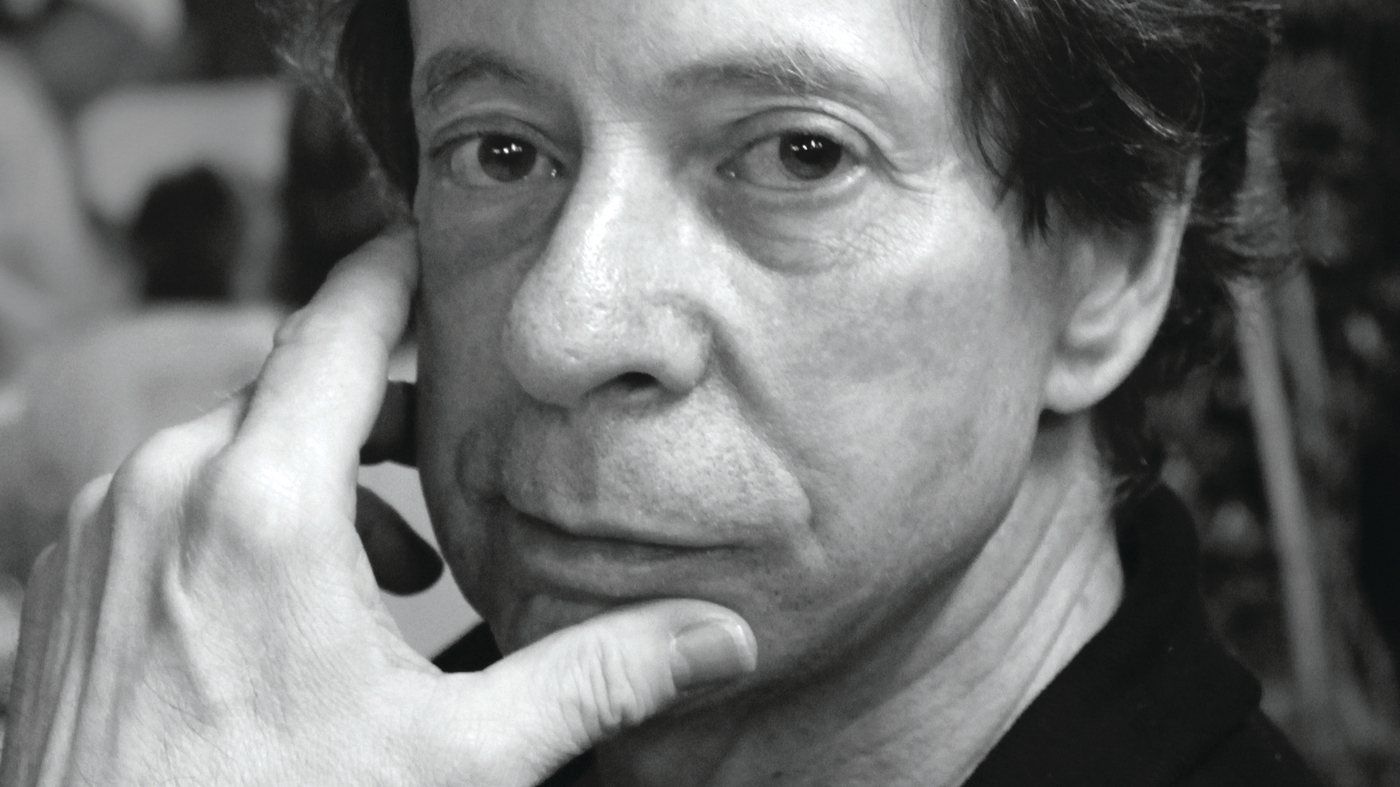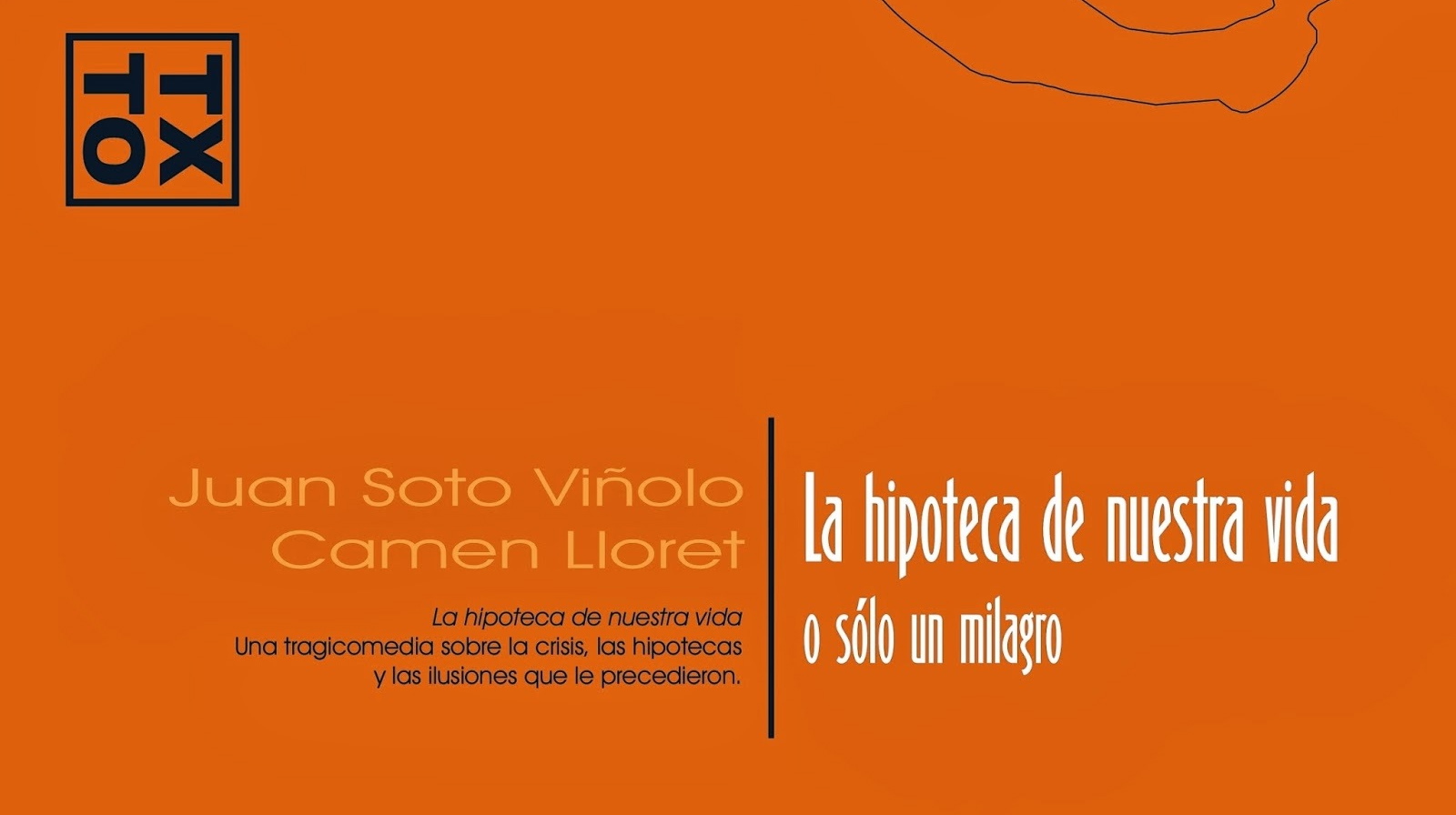Chapter 5
Back on the cruise ship, anarchy had arisen. Or, I suppose I should clarify, anarchism had arisen, because it was a Spanish crew and this was 1919. But among the German tourists things were different and decidedly more grim. The influenza had spread (albeit slower than feared), and when one of the cooks had been seen coughing on the dry goods, the maese took the precaution of throwing most of their food overboard. Early the next morning in the mess, when the tourists realized there were regular powdered scrambled eggs at the breakfast buffet, but not the second kind that had cheese sauce mixed in that was usually gone by 7am, a riot broke out. The angry crowd first broke down the door to the galley, demanding to see just how much food was left. Relieved that the barrels of Apfelschorle were still safe, the mob dispersed.
The chief cook, however, was furious that his door was busted, and blindly in search of a scapegoat to take his frustration out on, proceeded to throw away all of Wenceslao’s grits and eat up all of his corn. He was subdued and brought to the brig, where his trial was scheduled for the following day. The maese was eager to quell any further panic and decided to make an example of the cook. At the trial the poor chef was quickly found guilty and hanged from the cruise ship’s highest diving board. Rather than press his crew and passengers back into subordination, the situation was exacerbated. Not only was the head cook for everyone aboard and one of the crew’s own now dead, but the tourists were afraid to go in the pool, and unbeknownst to everyone, the regular exposure to chlorine from the laundry bleach that Wenceslao had poured into it instead of food coloring was the only thing slowing the spread of what investigators would late refer to as the Racist Flu.
The first fire began shortly before dawn, and within 30 minutes alarms were ringing on every deck of the ship. Based on logs of their wireless communication with the Portuguese authorities, the boiler exploded at 8:02. Whether it was coincidence or arson will never be known. But in either case the consequence was a disaster. Unable to put out the fires with a mutinous crew, the maese ordered a distress call be raised and had what few people still obeying his orders begin emergency evacuation procedures.
Wenceslao was sent to the upper deck, where a Baron and his wife were sitting on lounge chairs like mannequins. Their bodies were lobster red and as Wenceslao approached, they slowly turned their eyes in his direction without blinking or turning their heads. He explained that the ship was on fire and everyone was being escorted to the lifeboats. The Baroness mumbled something out of the corner of her mouth that Wenceslao didn’t understand, and then the two resumed staring off into the distance. Whatever it was she had told him, it was clear they didn’t intend to leave. Wenceslao tried picking them up and carrying them, but with only one fist he found it quite hard and went back to the lower deck in the off-chance that he could find a wheelbarrow.
Suddenly the boiler room exploded and Wenceslao felt a shockwave go through his body. The railing above the fresh hole in the ship gave way and tourists spilled out into the water. It made Wenceslao thirsty. As the rest of the ship ran screaming to the lifeboats, he made his way quickly and quietly to the galley. Not a soul was mad enough to stay down here, save Wenceslao. He licked his lips and held his head beneath a barrel of Apfelschorle, then removed the bung and let the fizzy apple goodness drain into his waiting mouth. When the barrel was empty, he moved on to the next. And the next. His engorged stomach aching, but not knowing when he’d ever find this drink again, he kept going. Wenceslao didn’t even notice the seawater slowly entering the galley as the ship groaned downwards. It wasn’t until he’d finished the last barrel (seven in all), that he tried to burp and realized the water was up to his nose. Wenceslao swam down to the submerged door, but as soon as he stopped kicking he floated back up to the ever-disappearing surface like a balloon. On the other side of the galley he saw an air vent near the ceiling and swam to it. It led him outside and he jumped overboard just as the deck he was on disappeared beneath the foam.
Off in the distance Wenceslao spied a lifeboat and swam towards it. But his stomach had made him so buoyant that every little ebb from the waves and the fast vanishing cruise ship would rock him back and forth. Progress was slow, but within an hour he’d reached the boat and managed to climb inside without capsizing it. Barely had he leaned back to rest his eyes and limbs when a loud squawking noise molested his senses. He opened his eyes and found a large chicken preparing to peck him to death.
Chapter 6
For a normal human being, like you or I, this surely would have been the end. But Wenceslao put up his open hands in submission and said to the giant, feral chicken, «I mean you no harm.»
The hen cocked (yeah) its head and replied, «Well, then.» She sat down on the opposite end of the lifeboat and continued flipping through the magazine she had brought with her. Wenceslao sat up and introduced himself. «Cecilia,» she said and went back to her magazine.
Cecilia and Wences often had creative differences behind the scenes, but their professionalism kept that animosity out of the public eye (Photo by Maurice Seymour, 12 November 1962)
The two of them sat in the lifeboat, drifting somewhere at sea for days, the debris from the ship slowly disappearing from view. It was strange that no one had come to rescue them by now, Wenceslao thought, and time passed even slower because Cecilia preferred to read her magazine over and over rather than converse with a human. Finally, after six days at sea, he heard someone calling his name in the distance. It was hard to make out, but it looked to Wenceslao like a volleyball–which had recently been introduced to the area by doughboys and brought onboard the cruiseliner. The ball-shaped object floated closer, and Wenceslao attempted to row towards it with his one remaining hand, and the voice grew louder and more discernible. It was the maese! When he was close enough, Wenceslao grabbed him by the ears and pulled him into the lifeboat. As the maese rolled around, Wenceslao realized it was only the swollen, blue head of his former employer. «Maese?» he asked cautiously.





